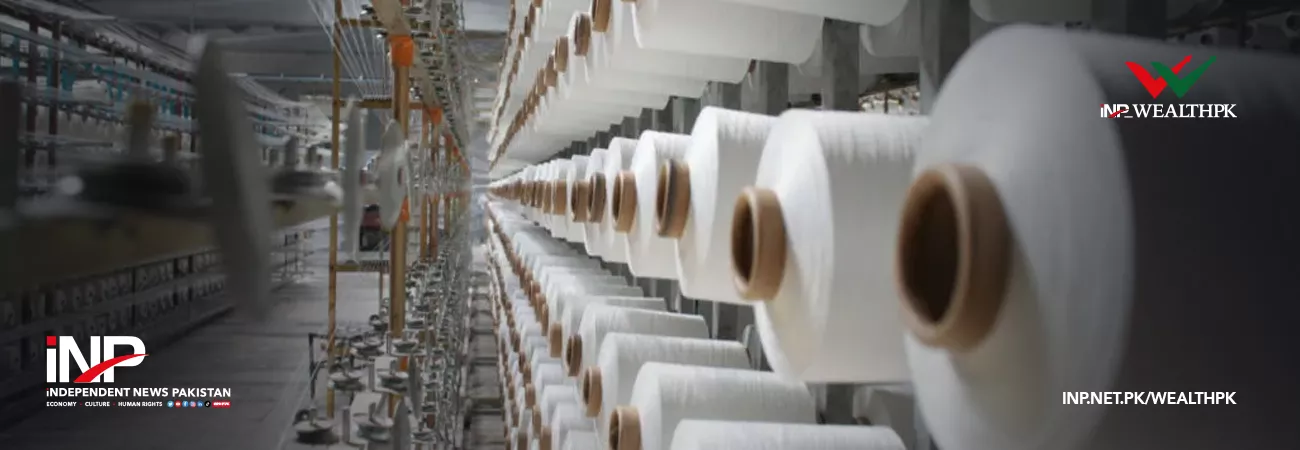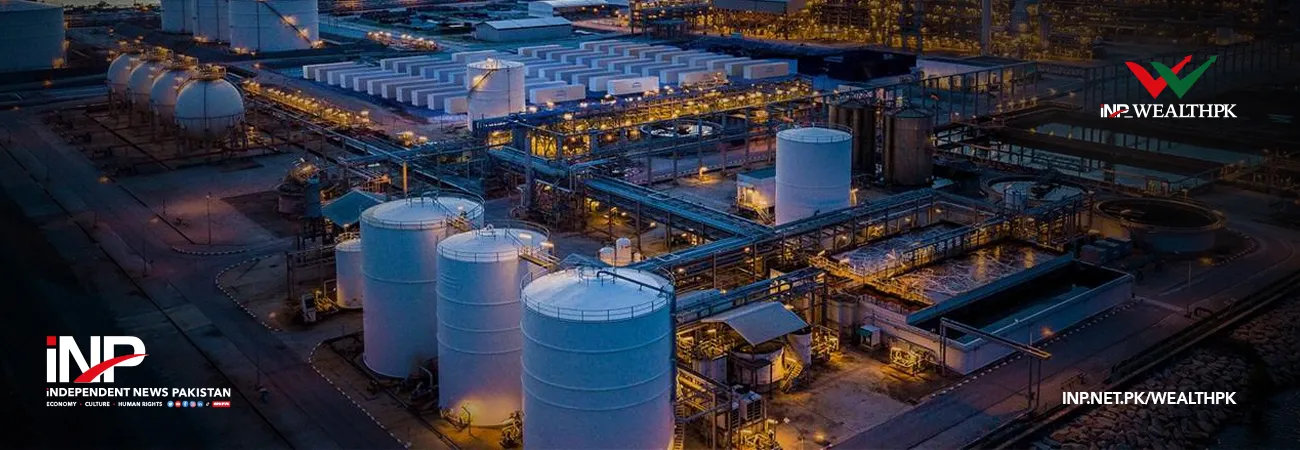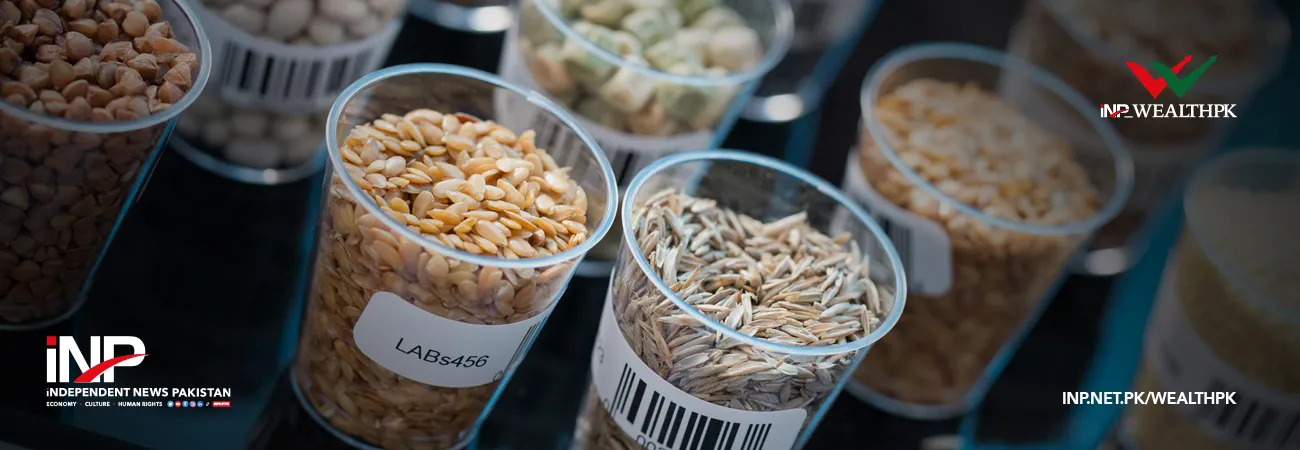INP-WealthPk
Pakistan Textile Exporters Association (PTEA) has said that cost of doing business has increased to very high levels due to the withdrawal of Zero-Rating (SRO 1125) and levying of 17% General Sales Tax (GST) on export sectors. PTEA Patron-in-Chief Khurram Mukhtar said that exporters were facing the problems of liquidity crunch because of these measures and a delay in the payment of sales tax refunds. He said that textile industry of the country is again on a downward trajectory after seeing a very productive period. He said that it nose-dived in October by 15.23% from USD 1.60 billion to USD 1.35 billion.
He lamented the lack of attention on textile sector and said that textile sector is very important for the growth of our country since it earned a lot of precious foreign exchange. He said, “Despite all the promises, FBR has failed to pay the sales tax refunds of zero-rated sectors within 72 hours. Payment of exporters’ refund claims have been stopped for more than a month now.” He added, “Billions of rupees are stuck in FBR. This money can be utilized by the exporters as working capital but they are not able to do so because of the inefficient administration of FBR.
They could have used this money to enhance their exports but sadly our state authorities are not serious about earning foreign exchange.” He called the methods of FBR as irrational. He said, “Where in the world do people pay taxes and then wait for refunds? Nowhere but Pakistan.” Mukhtar said that sales tax is consumption based, which inflates inventory and capital costs, serving as an impediment to new projects as capital cost increases by 20% and refunds can only happen after commercial operations.
He continued by saying that textile exports are expected to increase from USD 19.35 billion in FY-22 to USD 25 billion in FY-23, and USD 50 billion over the next four years. He said because of currency depreciation of 60-70%, our working capital has not increased although we have seen an increase in nominal exports worth PKR 3 trillion. “To increase the exports in real terms, which increases the working capital, zero-rating (no tax, no refund) policy is needed.” He further said that increased competition globally demands that we make it easier for the businesses to expand, adding that our policies are not business friendly.
“In order to increase competitiveness, we need to lower our cost of doing business like our regional peers.” He said that the textile industry holds the potential to engineer an economic turnaround and achieve targets not only in exports but in the whole of economy, through consistent policy support. He expressed his apprehension that textile sector will lose international clients because of the inconsistent policies of the government. Various taxes, levies, presumptive taxes, surcharges and cess are making the exports 10 to 15% costlier.
Credit : Independent News Pakistan-WealthPk













